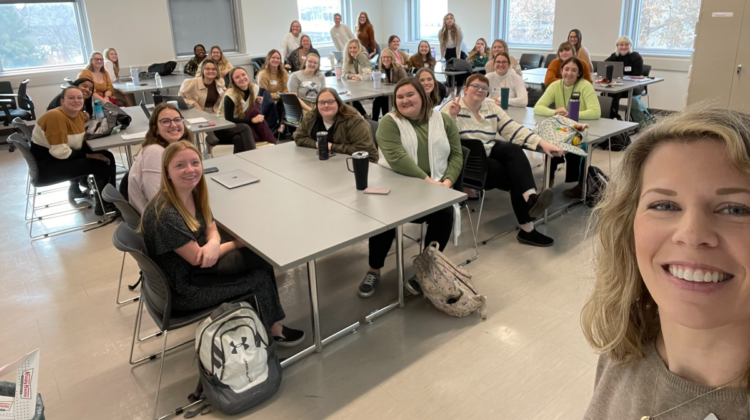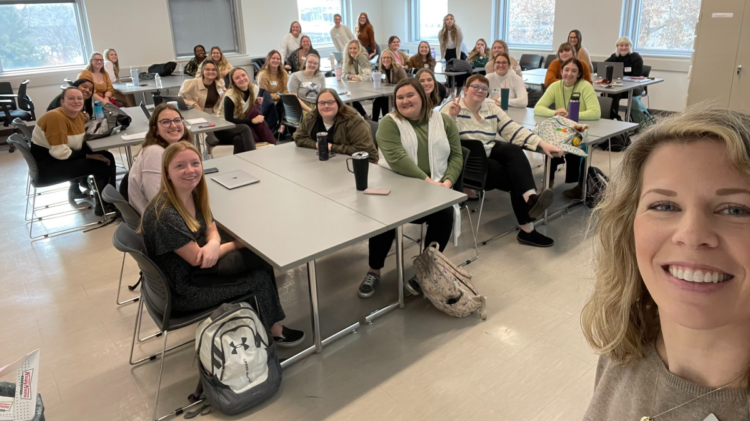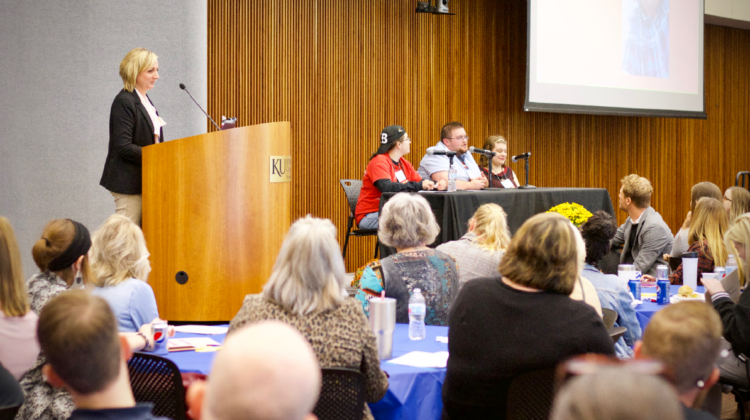Missouri State University’s Dr. Chloe Bolyard shifted to ungrading in spring 2021, and the change has been positive overall.
Ungrading is a classroom philosophy that places emphasis on learning and feedback instead of scores and letter grades.
“Students worry less about their grade and pay more attention to learning the material,” the associate professor of elementary education said.
Bolyard replaced letter grades with assignment statuses (“complete,” “revise and resubmit” and “not submitted”). She also replaced rubrics with self-assessments, added end-of-semester one-on-one conferences and more.
Some other MSU professors who use ungrading include Drs. Minor Baker, Jennice McCafferty-Wright, Amber Howard and Sarah Baker.
Benefits for students and teachers
Bolyard found that ungrading improved the education experience for everyone in the classroom.
“Teaching is now far more rewarding,” she said. “Qualitative feedback, revise and resubmits and student reflections really help keep the focus on student learning.”
Bolyard’s students stated in their end-of-semester reflections that ungrading made them feel freer to take more risks.
“Students say ungrading takes pressure off of them and allows them to be more creative,” she said. “They also say they feel they can take the time to do work they feel proud of.”
Missouri State’s involvement with ungrading was recently recognized in an article from National Public Radio (NPR).
A good fit for all classrooms?
Ungrading may differ across various content areas, grade levels and institutions.
“I think deemphasizing grades to emphasize learning is always a good idea,” she said. “But I also recognize that in higher education, making major shifts in pedagogy like ungrading can pose challenges.”
Bolyard said those interested in switching to ungrading can start small with ungrading one assignment. She suggests connecting with others through the hashtag “#ungrading” on social media to find others experimenting with ungrading.
She also recommends checking out “Ungrading: Why rating Students Undermines Learning (and What to Do Instead)” by Susan D. Blum and Jesse Stummel’s work.





